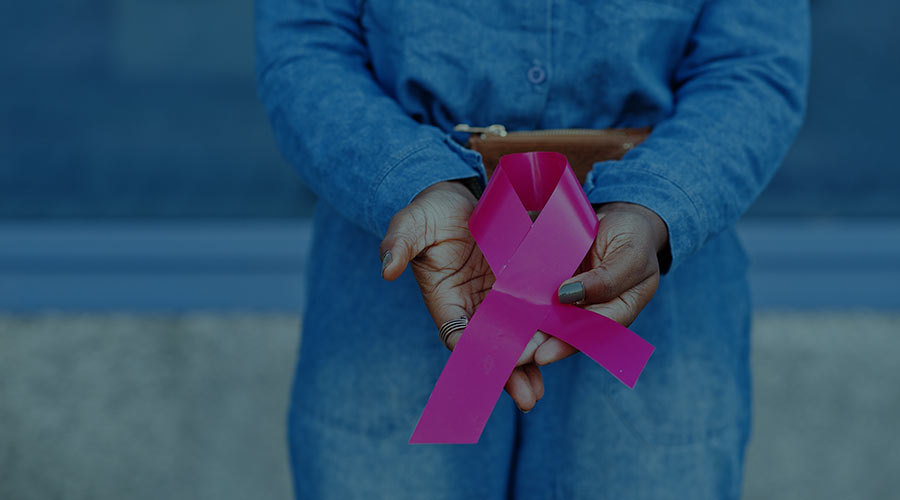October 1st will mark the beginning of Breast Cancer Awareness Month, an annual campaign to raise awareness of this disease, as well as to support people who are living with it. In 2021, an estimated 280,000 women will be diagnosed with breast cancer in the U.S. and 43,000 women will die from it. More broadly, in the U.S., one in eight women will receive a breast cancer diagnosis at some point in her life.
Racial Disparities Among People Diagnosed With Breast Cancer
While this disease impacts many Americans, there is a clear racial disparity that emerges. Black women have a 31% percent mortality rate from breast cancer, which is the highest amongst any demographic and is 42% higher than the comparable mortality rate in white women. Black women have higher rates of diseases that have been shown to lead to breast cancer, including obesity, diabetes, heart disease, and other health conditions. They also frequently lack access to high-quality preventative care like quality health care, regular health care visits, cancer prescreening and post-diagnosis treatment. Black women are also more likely to have more aggressive forms of breast cancer that have higher mortality rates. These biological, environmental and sociological factors all have paved the way to the astounding and tragic health disparities.
This is a disparity that both those inside and outside of the medical community are working to address. In 2016, the Fund II Foundation, of which Robert F. Smith is the founding director and President of, funded a $27 million grant to the Susan G. Komen Breast Cancer Foundation to help address this disparity. The aim of this grant is to focus on the 10 metropolitan areas in the U.S. in which Black women experience the highest and most disparate rates of mortality from breast cancer and to reduce it by 25%. The ultimate goal is to reduce breast cancer mortality in Black women by 50% in the next 10 years.
Smith, speaking at the launch event for this initiative, stated, “The Reverend Dr. Martin Luther King said that the biggest injustice one can find is really in healthcare. The Fund II Foundation is focused on — amongst a number of pillars – helping to decrease that disparity and level the playing field in health care and treatment for African American women.”
Other Racial Disparities in Cancer Diagnosis
While racial disparities are often witnessed in breast cancer diagnoses, it’s not the only form of cancer where disparity exists. One in seven Black men will be diagnosed with prostate cancer during his lifetime, and the rate of prostate cancer diagnoses in Black men is 76% higher than their white peers. Moreover, Black men are more than 2.5 times more likely to die from prostate cancer than white men.
Smith is taking on this disparity as well with his philanthropy. In 2018, Smith donated $2.5 million – the largest donation ever made toward addressing prostate cancer – to the Prostate Cancer Foundation to focus on addressing this disease in Black men. His donation also funded The Robert Frederick Smith Center of Precision Oncology Excellence, a medical facility in Chicago which serves Black veterans who were diagnosed with prostate cancer. Additionally, in 2020, Smith donated $1.9 million to the Prostate Cancer Foundation to fund an initiative to develop a low-cost, accessible test to identify a man’s likelihood of developing the disease.
The Continued Need to Address Racial Inequity in Cancer Treatment
Racial inequities in cancer and in other aspects of healthcare still deeply impact communities of color in the U.S. For example, a 2020 study conducted by the University of Michigan and published in the journal Frontiers in Pediatrics showed that doctors in emergency departments are 10% less likely to admit Black or Latinx children in need of medical care when compared to their white peers. We must work to continue to close the racial gaps in cancer treatment and in healthcare at large.
Learn more about Smith’s work to help reduce the racial equity gap concerning breast cancer in Black women.






